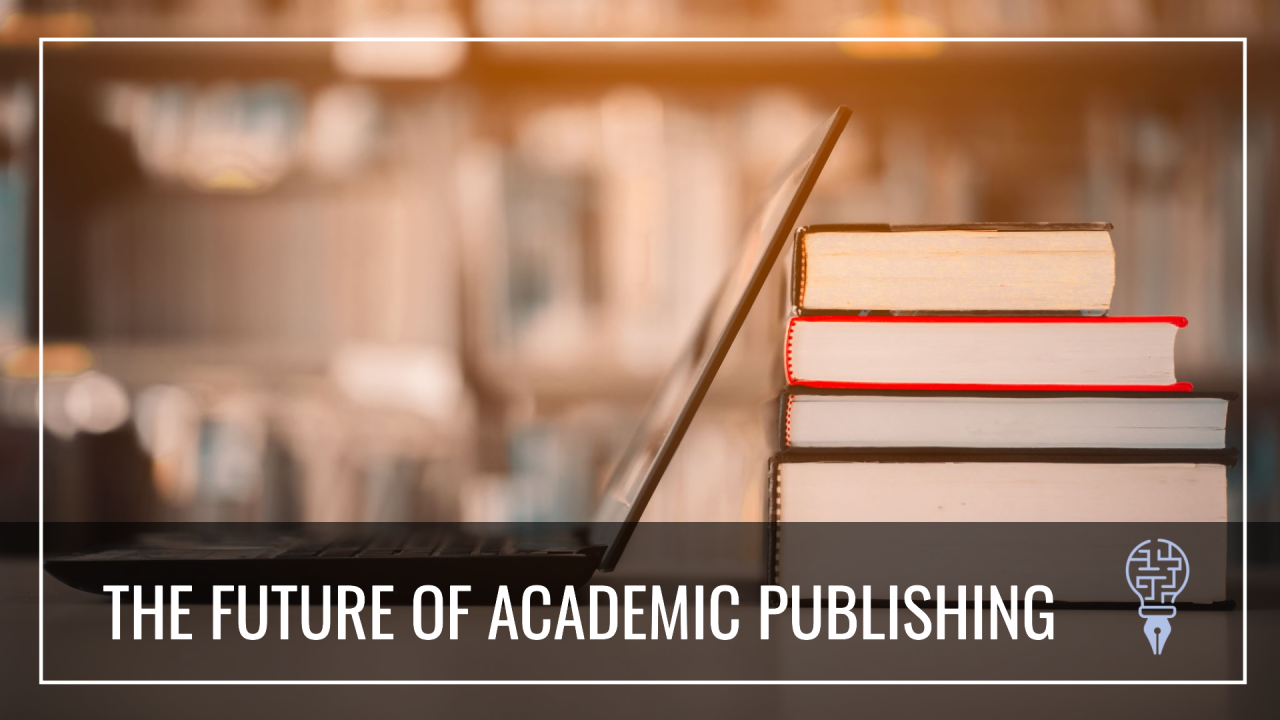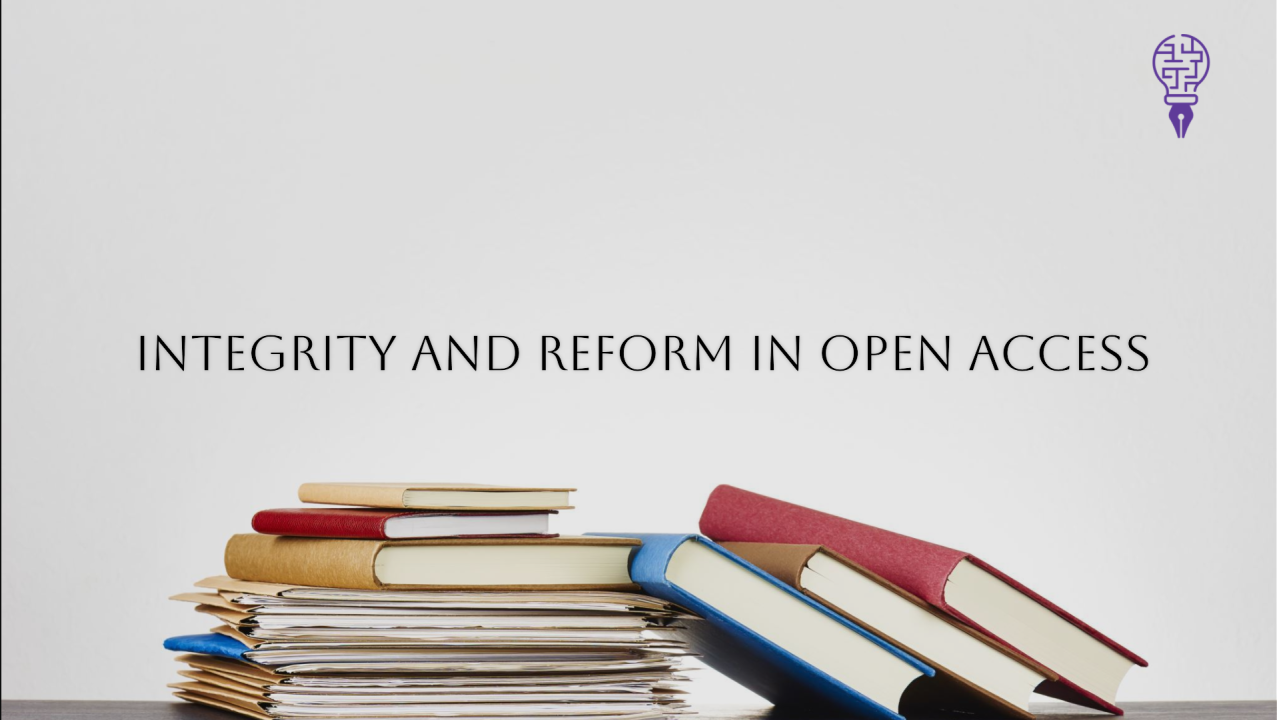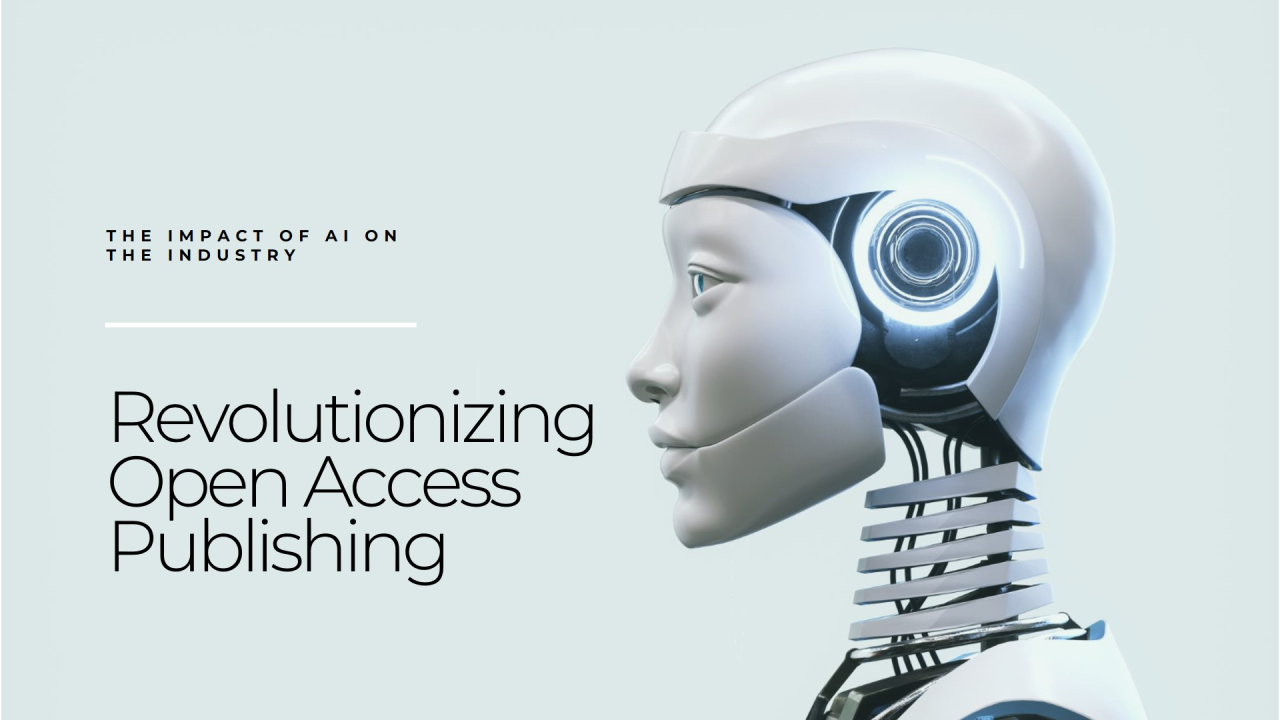CURRENT ISSUE
No Current Issue
Emerging Trends in Education and Pedagogy
Emerging Trends in Education and Pedagogy
Overview
Education is undergoing a transformative shift, driven by technological advancements, evolving pedagogical approaches, and increasing demand for personalized, competency-based, and research-driven learning methodologies. This category explores cutting-edge educational trends, their impact on learners, and how institutions can adapt to these changes.
From AI-driven adaptive learning to cognitive neuroscience applications in education, this section provides a comprehensive analysis of the most influential trends shaping the future of teaching and learning.
Key Areas of Focus
1. AI-Driven Learning and Personalized Education
The integration of Artificial Intelligence (AI) in education is transforming the way students learn and interact with content. AI-driven technologies personalize learning experiences, adapt curricula based on student progress, and offer real-time feedback.
Key Topics:
- AI-powered tutoring and virtual learning assistants
- Adaptive learning systems that adjust to individual student needs
- Data-driven teaching strategies for personalized instruction
- The ethical implications of AI in education
Research Implications:
- How AI improves learning outcomes in diverse student populations
- The role of machine learning in predicting student success and challenges
- Case studies on AI-powered personalized learning models
2. Competency-Based and Adaptive Learning Methodologies
Traditional education models are shifting towards competency-based learning (CBL), where students progress based on skill mastery rather than fixed timelines. Adaptive learning further enhances this by leveraging technology-driven assessments to tailor content delivery.
Key Topics:
- Implementing CBL in K-12 and higher education
- Role of AI and automation in tracking student competencies
- Benefits of micro-credentialing and modular learning pathways
- Strategies for assessing competency in diverse learning environments
Research Implications:
- Best practices for designing and implementing competency-based learning
- The effectiveness of adaptive learning platforms in improving student performance
- Data-driven approaches to tracking learner progress and skill acquisition
3. Neuroscience and Behavioral Psychology in Learning
Advancements in neuroscience and behavioral psychology are providing deeper insights into how students process, retain, and apply knowledge. Understanding cognitive functions can help educators design more effective learning experiences.
Key Topics:
- The science of attention, memory, and information retention in learning
- Cognitive load theory and its implications for curriculum design
- Emotional intelligence and its role in student engagement
- The impact of stress and motivation on academic performance
Research Implications:
- How brain-based learning strategies improve retention and comprehension
- The role of neuroplasticity in lifelong learning and skill development
- Analyzing the effectiveness of emotion-driven teaching methodologies
4. Hybrid, Blended, and Flipped Learning Models
With digital transformation in education, hybrid and flipped classrooms are becoming the new norm. These models combine online and in-person learning, offering a flexible, student-centered approach.
Key Topics:
- Differences between hybrid, blended, and flipped learning models
- The role of technology in enhancing student engagement
- Best practices for implementing flipped classrooms in higher education
- Challenges and solutions in blended learning adoption
Research Implications:
- Measuring the impact of blended learning on student performance
- The effectiveness of flipped learning in skill-based education
- Case studies on institutions successfully implementing hybrid models
5. Gamification and Immersive Learning (VR/AR in Education)
Gamification and immersive technologies (Virtual Reality, Augmented Reality, Mixed Reality) are revolutionizing education by creating interactive and experiential learning environments.
Key Topics:
- Gamification techniques to enhance student motivation and engagement
- The effectiveness of AR/VR in experiential learning and simulations
- Case studies on game-based learning applications in STEM education
- Challenges in integrating gamification in traditional curriculums
Research Implications:
- Evaluating the impact of VR/AR on retention and comprehension rates
- Psychological effects of gamification on student learning behavior
- Comparing game-based learning with traditional instructional methods
The Emerging Trends in Education and Pedagogy category provides insights into the latest innovations in teaching methodologies and how they shape the future of education. From AI-driven personalization to neuroscience-backed learning strategies, this section highlights transformative educational practices that drive better learning outcomes and student engagement.
Researchers, educators, and policymakers are encouraged to contribute to this evolving field, ensuring that the next generation of learners benefits from innovative, evidence-based teaching methodologies.


















